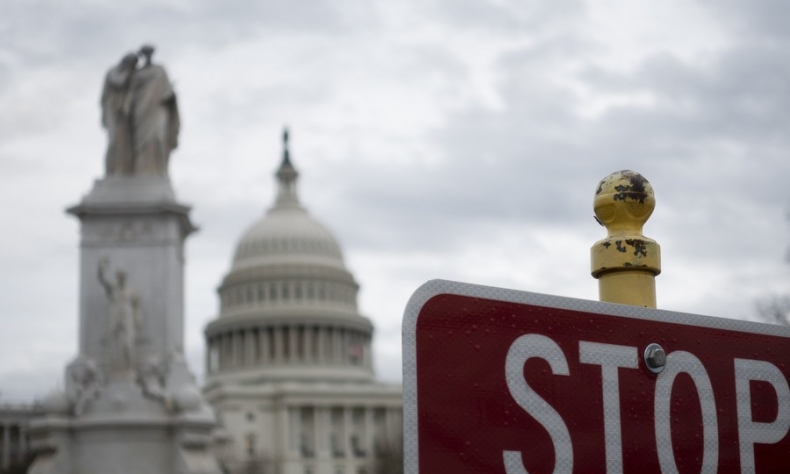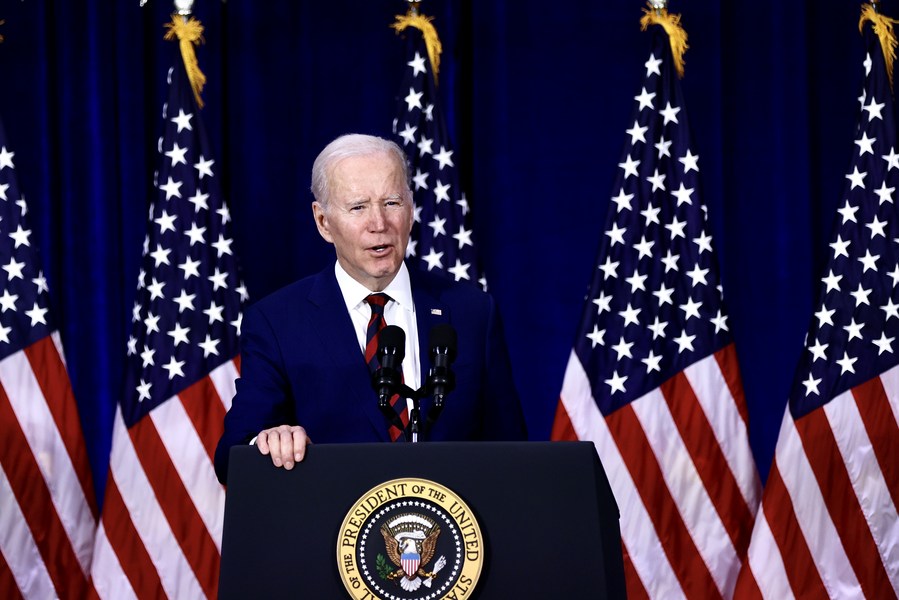Can They Hack It?

The recent hacking accusation against China does not seem to be a coincidence. These types of unfounded allegations tend to get the wider American public all riled up. But the more absurd they are, the more awkward the position the U.S. administration finds itself in.
On July 13, senior Chinese diplomat Wang Yi and U.S. Secretary of State Antony Blinken met for the second time in less than a month on the sidelines of the Association of Southeast Asian Nations (ASEAN) Foreign Ministers’ Meeting and related meetings in Jakarta, Indonesia.
At a news briefing hosted by Foreign Ministry spokesperson Wang Wenbin in Beijing the following day, a journalist from China Central Television quoted an unnamed U.S. official as saying that at the meeting, the American side had raised the issue of its government network having been hacked and added the U.S. would hold the hackers accountable with proper measures. In response to a request for comment, Wang said, “China is the biggest victim of cyberattacks. The U.S. needs to stop slapping false labels on China.”
Earlier, U.S. tech giant Microsoft had said on July 11 that “a China-based group was targeting Western government data.” Subsequently, major American media immediately ran with these latest accusations at China’s address, making the so-called “Chinese spy” topic a trending news item in the U.S. once again.
There is nothing wrong with being concerned about cybersecurity, but it does seem that at every critical point in the Sino-American relationship, the subject of “Chinese hackers” or “Chinese spies” will pop up in certain sectors of American society.
In February, a Chinese weather balloon that strayed into U.S. airspace was said to be on a military reconnaissance mission, causing panic among the American public. Blinken, who was supposed to visit Beijing days later in a bid to start repairing the heavily damaged China-U.S. relations, postponed his trip citing related concerns.
As the effects of the “balloon incident” subsided in the months that followed, China and the U.S. arranged for Blinken to visit Beijing on June 18-19. But on June 8, The Wall Street Journal reported that China and Cuba had reached an agreement to set up “an electronic surveillance facility” to monitor communications and maritime traffic around southeast America. The report was later dismissed as fake by both the American and Cuban governments.

So bearing in mind the aforementioned, the recent hacking accusation against China does not seem to be a coincidence. These types of unfounded allegations tend to get the wider American public all riled up. But the more absurd they are, the more awkward the position the U.S. administration finds itself in. If President Joe Biden and his cabinet choose to take a tough stance on the matter, this will damage the fragile political mutual trust left between China and the U.S., which will affect the efforts of both countries to deal with shared crises such as climate change. If they do not allow the matters to blow out of proportion, they will be criticized by the Republicans for being weak and giving in to China.
In fact, the U.S. government and military agencies have an infamous record of conducting cyberattacks and surveillance activities across the globe, including the long-term monitoring of text messages and phone calls of political leaders in allied countries such as Germany, France and Sweden. China, a strategic opponent in American eyes, suffers regular serious cyberattacks, a considerable part of which can be traced back to the United States.
When asked to comment on Microsoft’s aforementioned hacking claims against China, Wang, Chinese Foreign Ministry’s spokesperson, suggested at a news briefing on July 12 that journalists need to check with the company whether the report related to “Chinese cyberattacks” is based on official U.S. information. “If yes, I suggest that Microsoft then check whether it knows that the U.S. is actually the biggest hacking empire and global cyber thief,” he said.
This may not have been the answer the U.S. was looking for, but it is the reality. China and the U.S. will inevitably have their differences and rivalries. The question is if the high(est)-level officials from both sides can keep the “drama” at bay and focus on what is essential right now: keeping open lines of communication, keeping the high-level in-person conversations coming, and getting relations back on track. In other words, can they hack it?
 Facebook
Facebook
 Twitter
Twitter
 Linkedin
Linkedin
 Google +
Google +










